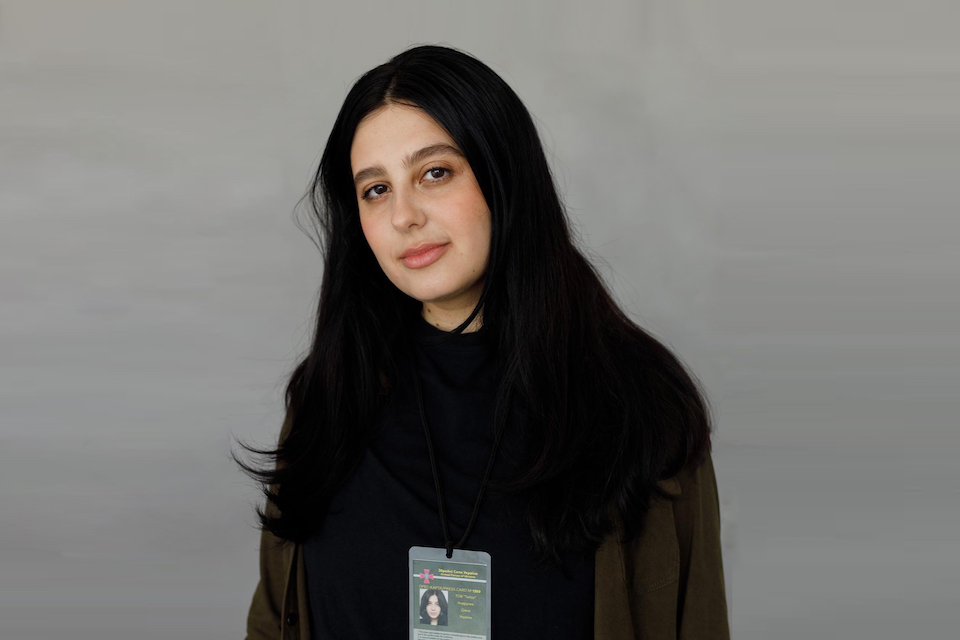In the words of Diana Andrunyk: “I feel the need to be constantly ready for everything”
Date:

Diana Andrunyk is a social photographer and photojournalist who has been working in artistic and advertising photography for 11 years. She has been working with Veteranka, the Women Veteran Movement, since 2021 on several projects together with military personnel. One of them is "A woman warrior is first and foremost a woman.” Five months after the full-scale Russian invasion, Andrunyk was forced to leave Ukraine and move to the United Kingdom (UK) for the safety of her family. But she did not give up volunteering and collects large donations abroad, showing foreigners the truth about the war in Ukraine through her photographs, some of which are displayed in the Parliament of England.

For me, the war started in 2014. Many childhood friends went to war and never came back. On 24 February 2022 [the beginning of the full-scale Russian invasion], my mother and I were very organized and practically calm, despite the fact that we saw neighbours fleeing in just pajamas, getting into cars. We spent the night with friends, right near Gostomel [a town near Kyiv where Russian forces attempted to land on 25 February 2022] and it was very scary. We didn’t know if we would wake up. Maybe that’s why I’m so afraid to go to bed every night now.
It was also difficult because of the lack of transport. For a long time we could not leave with my grandmother, who had suffered a second stroke. She experienced all that horror sitting in the basement.
In the Women Veteran Movement, I felt what sisterhood is. They helped me and my mother with medicine and everything we needed for the first time. If it weren’t for volunteering for the Women Veteran Movement, I’d have lost my mind. Almost immediately, my mother and I helped the territorial defense, then volunteered to assist the elderly.
We left Ukraine in the fifth month of the invasion. The main reasons were the safety of my family and the need to volunteer abroad, because Ukrainians started to run out of money. Sometime after the first month of my stay in Britain, I was constantly crying uncontrollably, had panic attacks and my local social worker sent me to a British psychotherapist who diagnosed me with [post-traumatic stress disorder] PTSD as a result of my work on one of my photo projects on the front line.
In the UK, I started sending money from the sales of my photographs. There were two exhibitions in central London about the military from the front line. For example, 300 sets of warm military uniforms were purchased thanks to the works sold here. When I had my first exhibition in London, I donated the proceeds – 300,000 hryvnias (USD 8,126) – to a medical evacuator for female paramedics.
I am also engaged in the creation of various conceptual projects that attract foreign viewers to problems in Ukraine: about ecology, inadequate medicine, etc. If I find out that companies here want to donate to the Ukraine, then I show there where it is most relevant to do so.
After more than a year since the full-scale invasion, I became very calm and balanced. I am no longer concerned about non-urgent problems that can wait. Family is the most important thing. All material things are ashes that your belongings can turn into within seconds of a missile strike. I feel the need to be constantly ready for everything.”
The article was published as part of the UN Women project "Transformative Approaches to Achieve Gender Equality in Ukraine" with the support of the Office of the Vice Prime Minister for European and Euro-Atlantic Integration of Ukraine and funding from the Government of Sweden.